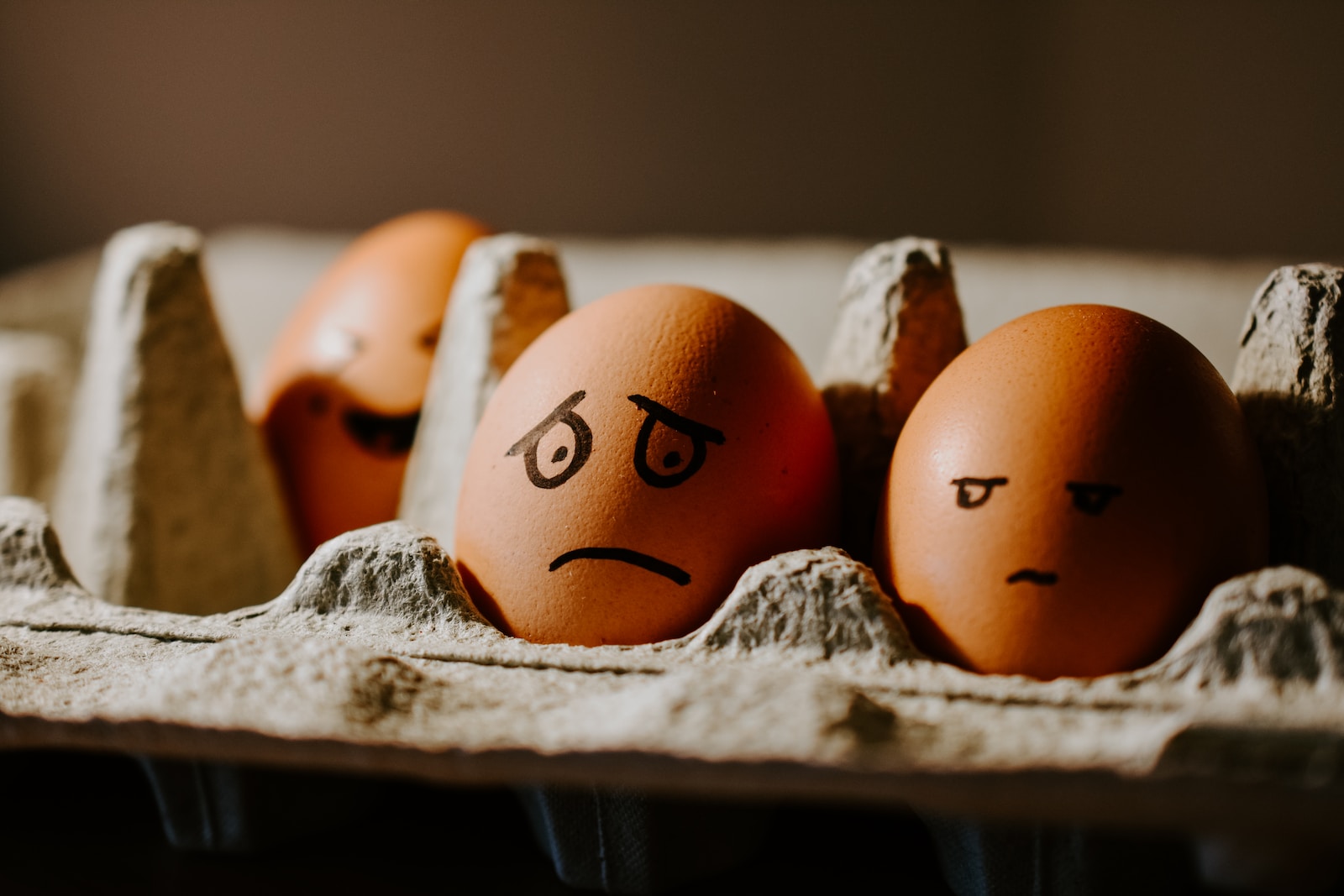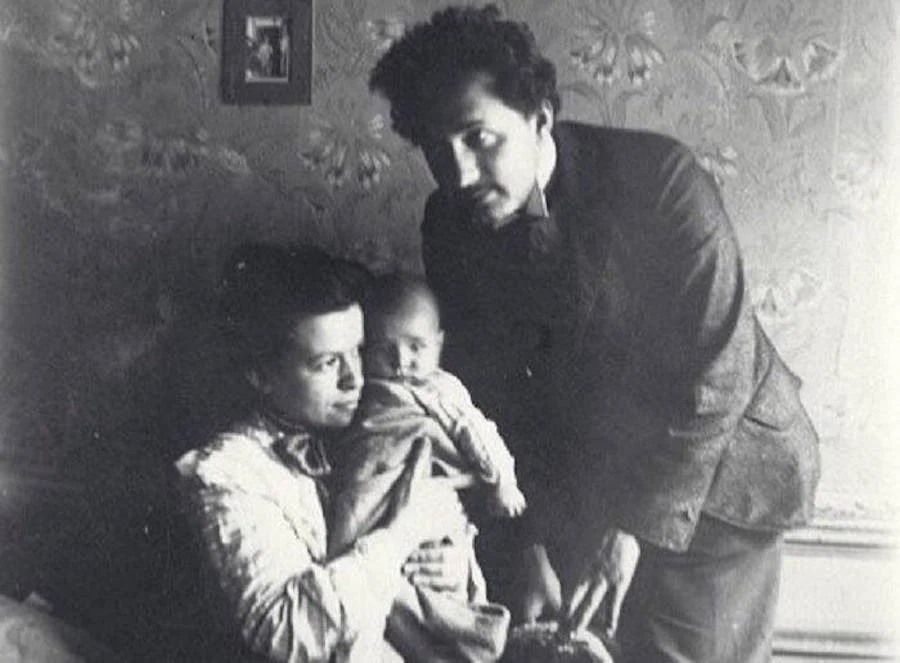Exploring the Psychology of Luck
When it comes to luck, some people seem to have all the luck, while others never catch a break. So what is luck, really? And why do some people seem to have more of it than others?
In this post, we’ll explore the psychology of luck – what it is, why some people seem to have more of it than others, and how you can start attracting more good luck into your life.
So whether you consider yourself a lucky or unlucky person, keep reading – you might just learn something new from Psychology of Luck.
What Do We Mean by “Luck”?
When people say that someone is “lucky”, what do they mean? Is it that this person has a good sense of timing, or that they’re always in the right place at the right time? Do they have a horseshoe up their ass, or do they just have really good karma?
What we call “luck” is really just a label for something that we don’t understand. It’s a catch-all term for when something happens that we can’t explain. And because we can’t explain it, we tend to give it a personality – we say that someone is lucky, or that they have good luck.
But what if there is no luck? What if everything happens for a reason, and our so-called “luck” is just a simple combination of chance and circumstance?
Mindset and the Psychology of Luck
So what’s the key to being lucky? According to science, it’s all in your head.
The way you think about luck – and life in general – plays a huge role in whether or not you end up with Lady Luck by your side. Believe that good things happen to good people? You’re more likely to experience good fortune. Think that the world is out to get you? You may be more likely to interpret bad news as confirmation of your beliefs.
It’s not just what you think, either. How you feel about yourself also plays a role in how lucky – or unlucky – you become. People who feel confident and optimistic about their abilities are more likely to see the good in situations, while those with low self-esteem are more likely to believe that the deck is stacked against them.
The Role of Beliefs and Attitude in Luck
You may be asking yourself, “What can I do to increase my luck?”. The answer may lie in your attitude.
Believing that you’re lucky will actually make you luckier. Research has shown that positive thinking can not only change your attitude, but also increase your chances of success. So before you go out and buy a lottery ticket, make sure to put on your lucky socks!
On the other hand, if you think you’re unlucky, you’re more likely to make bad decisions. Unlucky people are also more likely to give up easily. So before you go blaming your unlucky streak on the universe, take a look at your attitude and see if maybe you’ve been contributing to your own bad luck.
The Power of Positive Thinking
Have you ever found yourself thinking that maybe, just maybe, you’re the unluckiest person in the world? Well, it turns out that luck may have more to do with attitude than anything else.
We’re not suggesting that you should walk around whistling and wearing a horseshoe on your head—but studies show that having a positive outlook can actually increase your chances of getting lucky. It’s all about creating your own luck, believing in yourself, and embracing every opportunity.
So if you’re ever feeling down about your luck – reframe it as an opportunity. And never forget: sometimes all you need is a bit of positive thinking to turn bad luck into good.
Characteristics of Lucky and Unlucky People
So, why do some people seem to have all the luck while others seem like they can’t catch a break? Well, according to psychologists, those who feel lucky have certain personality traits that make them more likely to experience good fortune. For example, they’re optimists who always have a glass-half-full attitude and never dwell on the negative.
In contrast, unlucky people usually think that bad things are out of their control and tend to give up easily. They may even see themselves as victims of life’s unfairness. So, if you want to increase your luck factor, you might want to take note of these traits and make some positive changes in your life. After all, true luck isn’t so much about chance as it is about choice.
choice.
Ways to Cultivate Good Luck
So if we’re not born with good luck in our genes, how can we cultivate it? Don’t worry, there are plenty of tricks up our collective sleeve.
First, you’ll want to think positively. The old saying “you make your own luck” is true: positive thinking can form positive outcomes in our lives. So focus on the good and keep moving forward.
Second, take on a challenge – be it a new hobby or a journey to an unknown destination. Step way out of your comfort zone and be brave enough to try something new – you never know what treasures you may find waiting for you. Oh, and don’t forget to thank your lucky stars every once in a while!
So, if you’re feeling unlucky, cheer up! It might not be your fault, and you might just need a few simple changes to get back on the lucky path. And if you’re feeling lucky, don’t get too cocky! There’s always room for a bit of bad luck to keep things interesting.






